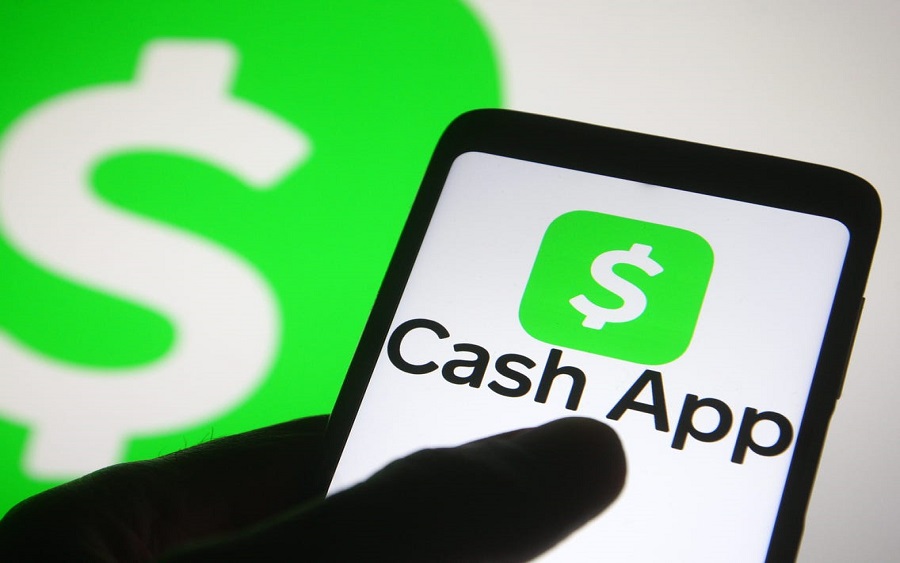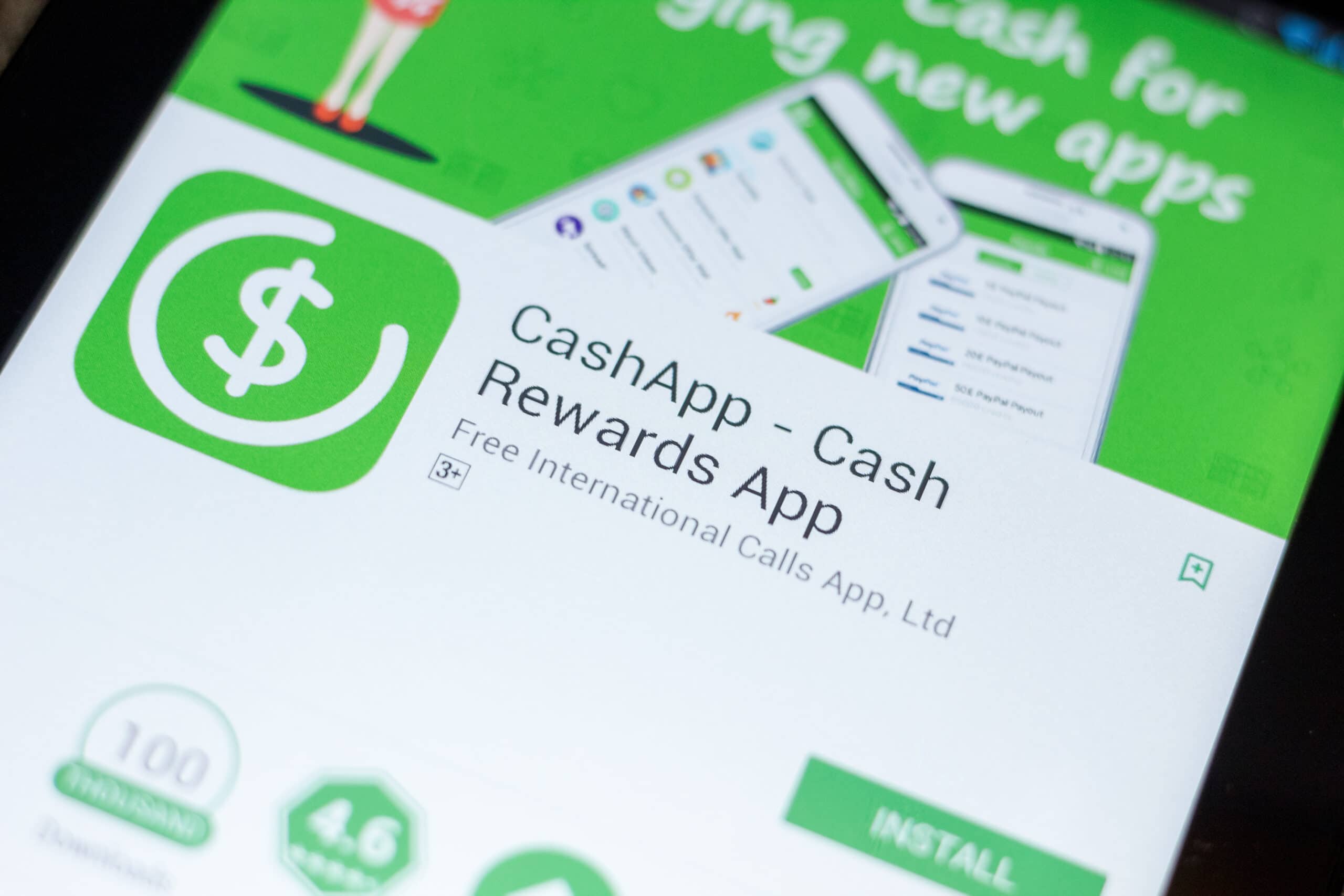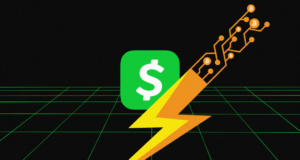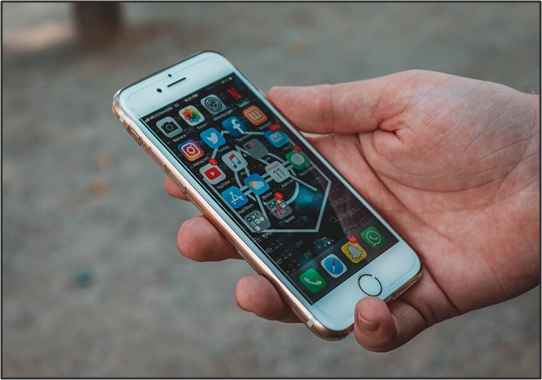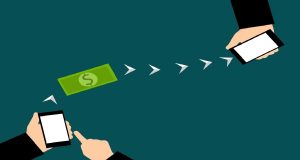Have you ever heard of Cash App? This peer-to-peer payment app continues to become more popular in the United States, with people sending money to their friends and beloved ones in the blink of an eye. But that pragmatism and convenience has also raised some doubts and questions, starting with: Can you block someone on Cash App? So before we get started, let’s talk a bit about the service, its perks, and its features.
Cash App
Cash App’s peer-to-peer payment service continues to make its way into the business. The company netted north of $385 million in 2020, which was 212 times more than in 2019.
“It is a relatively strong option for sharing cash and its other functionality. It’s not too different from Zelle, Paypal, or Venmo,” says Ray Kimble, Founder, and CEO of security firm Kuma LLC.
With Cash App, users can send and receive money swiftly and safely, just like it happened with Venmo or PayPal before them. However, the app features way more than just a money-transfer service.
Besides sending or receiving funds, Cash App provides its users with their very own bank account and debit card, e.g., Cash App Card. Needless to say, that cart will work on ATMs and make online or in-store purchases. Moreover, Cash App also lets its customers invest in cryptocurrencies or even the stock market, albeit with a minor fee.
But as you may know by now, nothing’s perfect, and Cash App isn’t the exception to that rule. For instance, your balance won’t be insured by the FDIC, meaning there’s no way to get your money back in the event something goes south.
It’s worth noting that, even though its popularity rose over the past couple of years, Cash App actually started in 2013. It was originally called Square Cash, honoring its parent company Square Inc. Moreover, it was co-founded by Twitter’s owner Jack Dorsey.
How do I sign up on Cash App?
Thanks to its intuitive process, signing up for a Cash App account is easy. You’ll need to add your full name, phone number, or email address and a ZIP code. Also, while linking your Cash App account to your bank account isn’t mandatory, you’ll need to do it to get access to most of its features.
Once you’re all set, you’ll be able to create your $Cashtag, which will be your username on the platform. Also, your $Cashtag is how people will find you and send you money on the app. From them, you’ll be able to apply for a free Cash App debit card, which will arrive in the mail a couple of days later.
Your Cash App Card will be linked to your account’s balance. With it, you can withdraw money from ATS, albeit Cash App will charge you a $2 fee for this. Also, you can use it anywhere that accepts Visa.
Moreover, Cash App features direct deposits via multiple stores, including 7-Eleven and Walmart. By depositing at least $300 monthly, the platform will reimburse you the $2 ATM fee. Once again, keep in mind that your balance won’t be insured by the FDIC, so there’s no actual protection for your funds.
How to send and receive funds with Cash App
Cash App’s intuitive user interface will make things smooth for its users. All you need to do is look up someone’s $Cashtag, phone number, or name in the app and then send the funds.
The recipient of the money will then get a text or email alert and will choose how fast the transfer will go through. More than that, you can send them a payment request, once again using their name, phone number, or $Cashtag. The app will let you know once the payment has been made, and you can choose how fast you want to get the money into your account.
You can also deposit money directly into our bank account or use it on your Cash App Card. Take into account that cash deposits will be effective on your debit card instantly, but it can take up to 3 days if you choose to make the deposit into your account. Moreover, there’s no fee for either of these services.
But if you want to make an instant deposit, Cash App will charge you a 1.5% fee over the total amount of that deposit, with prices starting at $0.25.
Cash limits
-
- Cash App Customer ServiceCash App users can only receive up to $1,000 within 30 days and send $250 tops within seven days at first. If you want to take your limit for both transactions up, you’ll have to verify your account.The verification process is quite simple. You’ll need to add your full name, birthday, and last four digits of your SSN.
Another perk of Cash App is that it sets no minimum balance to set up your account, and there’s no top for your balance either, or service charge or fee to have your account. However, it does set a minimum transaction of $1.
Is Cash App secure?
As we mentioned before, Cash App balances aren’t protected or insured by the FDIC. Even so, from a technology standpoint, Cash App is one of the most secure apps there are.
Also, keep in mind that you can invest in BTC and some stocks using your Cash App account, as they have a broker-dealer license and are a registered member of SIPC and FINRA.
Rookie investors might use Cash App as an easy way to get started in this world. Nonetheless, it’s worth noting that Cash App doesn’t offer mutual funds, and its platform isn’t exactly the best in terms of analytics and metrics.
Cash App’s Fraud protection
This issue is one of the biggest concerns among Cash App users. You can never cancel a payment after it’s done and the money is sent instantly, opening the door for potential fraud. Therefore, you need to be 100% sure to who you’re sending the money.
Cash App’s nature makes it vulnerable to cybercrimes, sniffing attacks, and other issues that often concern internet-based solutions. Also, as the FDIC doesn’t insure the funds, no one will be able to help you if you lose your balance.
How to block someone on Cash App
If you were wondering if you could block someone in the app, the answer is yes. You can block someone from sending payments or requests to you by following these steps:
- Tap the Activity tab on your Cash App home screen
- Tap on their name in your activity feed
- Scroll to the bottom of their profile and select Block.
To unblock someone you’ve previously blocked, follow the same steps and select Unblock.
A little bit of context: How do apps work?
Mobile applications or Apps are a type of specialized software specifically designed to run on mobile devices, such as tablets or smartphones. They’re often designed to allow a user to access the same services they could get on a desktop computer. However, they provide limited functions.
The term was coined first by Apple Inc and the ‘App Store,’ with other developers jumping on the boat shortly after. In its simpler form, Apps simply take computer-based applications to ‘translate’ them to mobile devices.
However, with time, developers have put together more complex and modern apps that work nearly as well as their PC counterparts, if not better.
Moreover, apps can be divided into two major categories: Web Apps and Native Apps. The first are built to run on CSS or HTML5 and don’t require many resources, as most information is saved on the cloud or a server, while the latter has a better performance and well-built UX/UI, albeit using more memory. Nowadays, these are the most popular types of apps:
- Gaming: These are the mobile version of video games, which is why they’re some of the most popular around. As a matter of fact, they account for nearly 33% of total apps while also being the primary source of income.
- Productivity: These are developed to help users with their day-to-day tasks and routines. They help track progress, book appointments, do mathematical operations, etcetera.
- Lifestyle and entertainment: These have become prominent figures around the online community. They help bring people together with social media, streaming platforms, messaging platforms, and ven dating sites.
- M-Commerce: As you can tell by their name, M-Commerce Apps help users make purchases and acquire services online. From food delivery to booking tickets, you can find it all here.
Final Lines
As we’ve seen, Cash App can come in quite handy for those looking to make swift payments or receive some money. It works perfectly for friends looking to pick up a tab or to make small transactions.
Nonetheless, users must stay aware of the fact that their funds won’t be insured by the FDIC, so their balance will never be entirely safe.
Also, you can block someone from sending payments or requests in just a few clicks if you want.
More Posts for You:
- Cash App Customer ServiceCash App users can only receive up to $1,000 within 30 days and send $250 tops within seven days at first. If you want to take your limit for both transactions up, you’ll have to verify your account.The verification process is quite simple. You’ll need to add your full name, birthday, and last four digits of your SSN.

